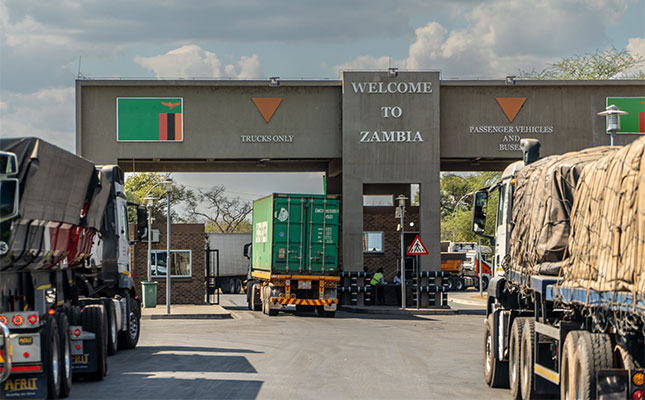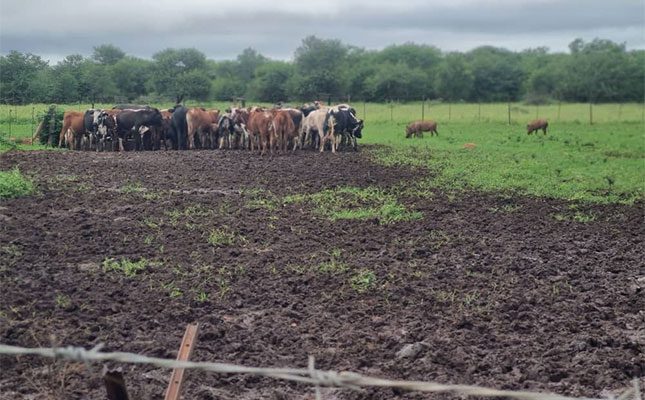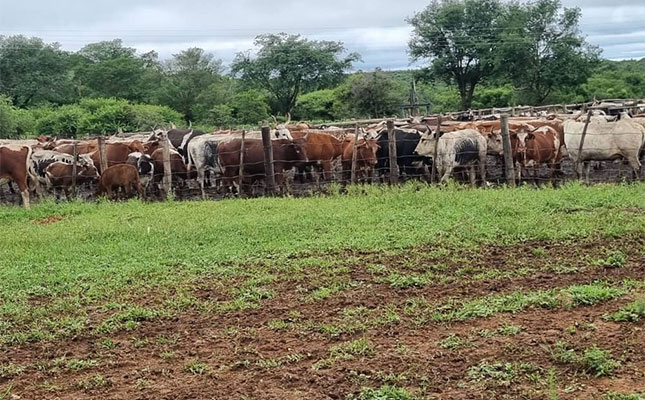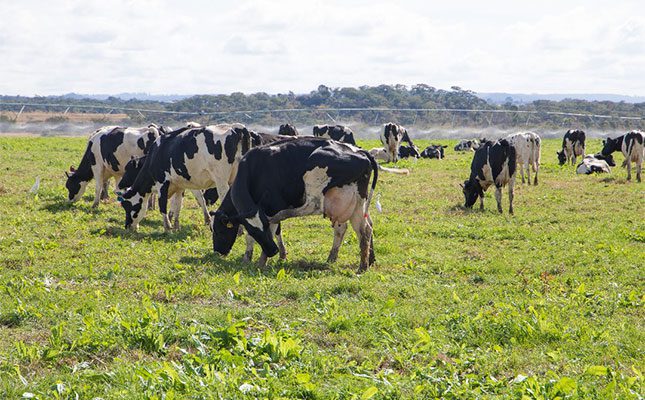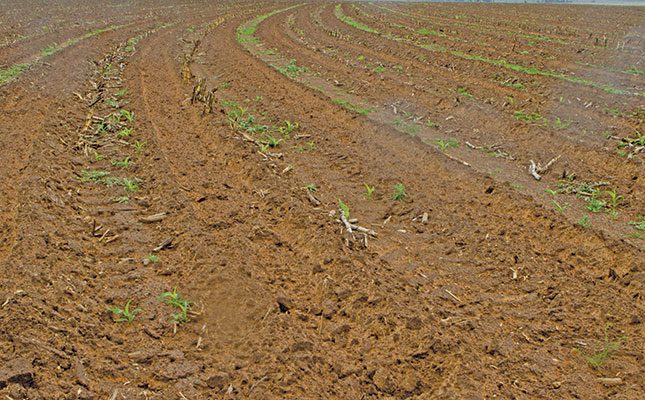
In a statement on 9 April, the government said that it had begun fulfilling commitments to compensate dispossessed farmers with a first round of claims amounting to US$3,1 million (about R58,6 million).
Minister of Finance, Economic Development, and Investment Promotion Prof Mthuli Ncube said 740 farms had been processed so far.
This initial payment had been disbursed for the first batch of 378 processed farms and was compensation for improvements made to the land by the dispossessed farmers, and not the land itself.
“This amount is 1% of the total compensation claim value of US$311 million (R5,88 billion),” he stated.
According to Wendy de la Fargue of Valcon, the first batch of compensation payments had commenced and was “progressing well”.
Valcon had been involved in compiling the database, negotiating compensation values and administering the claims process.
She told Farmer’s Weekly that this first payment was the result of the new Farmers Compensation Agreement (FCA) signed in 2024 to replace the US$3,5 billion (R66 billion) Global Compensation Deed (GCD).
In a letter by Ben Freeth, spokesperson for the SADC Tribunal Rights Watch, the GCD, signed in July 2020, was a “murky deal” in which farmers were unable to consult with lawyers before it was signed on their behalf by their so-called representatives.
“The document has been described by some lawyers as ‘the worst billion-dollar agreement ever signed’,” Freeth wrote in his letter. “There were no penalties if government failed to pay. Five years later, the government has defaulted on the deed and the GCD can be considered dead.”
Moreover, Freeth added that the GCD was only negotiated on behalf of farmers whose farms had been valued by Valcon.
“Farmers whose land had been valued by alternative valuers, were excluded from the offer and left to their own devices,” he wrote.
Farmers Compensation Agreement
De La Fargue said the FCA was devised and signed by Ncube in 2024. The total compensation amount of US$3,5 billion (R66 billion) in the old GCD had been retained, but the deal had been restructured from one that would have been a cash transaction to a mixed payment of cash and US-dollar-denominated treasury bonds.
De La Fargue said although it was not ideal for farmers to only receive a small portion in cash, it was the best that government could do at this time.
‘Thousands left uncompensated’
However, the claims of compensation made by the government have been labelled as misleading by the Compensation Steering Committee (CSC), the legally-mandated body representing the majority of dispossessed farmers.
In a statement issued on 15 April, the CSC accused the Zimbabwean government of inaccurate claims regarding the settlement of compensation obligations.
“In reality, only a small token payment has been made and thousands of farmers (the significant majority by number) remain uncompensated. The limited number of farmers who have accepted the government’s revised deal have generally done so because they are destitute and require urgent funds for food,” the CSC said.
According to the CSC, more than 4 500 commercial farmers lost their “homes and livelihoods during state-sanctioned land seizures in the early 2000s”.
It said that the US$3,5billion negotiated in the GCD was discounted compared to estimates by the Commercial Farmer’s Union (CFU) of over US$10 billion (R189 billion). Even so, the discounted offer never materialised.
“Instead, in 2023, the government offered an alternative payment schedule in government treasury bills over 10 years, heavily weighted towards years five to 10. A token 2% interest rate was added, [compared] to regional US dollar interest rates of 10% to 20%,” the CSC stated.
It said the revised offer was rejected by the majority of farmers it surveyed in April 2023.
“The bottom line is that government’s recent payments represent a tiny fraction of the GCD’s US$3,5 billion, which is already a substantial discount on the actual value of the properties, and these payments have reached fewer than 10% of farmers,” said Deon Theron, acting chairperson of the CSC and former president of the CFU.
The CSC, which was appointed by the CFU, the Southern African Commercial Farmers’ Alliance (SACFA) and the Southern African Agri Initiative (SAAI), said the latest proposal to issue long-term unsecured bonds had been rejected as a compensation mechanism. It said the FCA did not offer a substantive solution, and did not meet the constitutional obligations of the government of Zimbabwe.
It called on the government to “engage openly and constructively to resolve the compensation issue properly”.
This article has been updated with additional comment from Ben Freeth, spokesperson for the SADC Tribunal Rights Watch and the Compensation Steering Committee on 16 April 2025 at 14:05.
Get trusted farming news from Farmers Weekly in Google Top Stories.
➕ Add Farmers Weekly to Google ✔ Takes 10 seconds · ✔ Remove anytime
